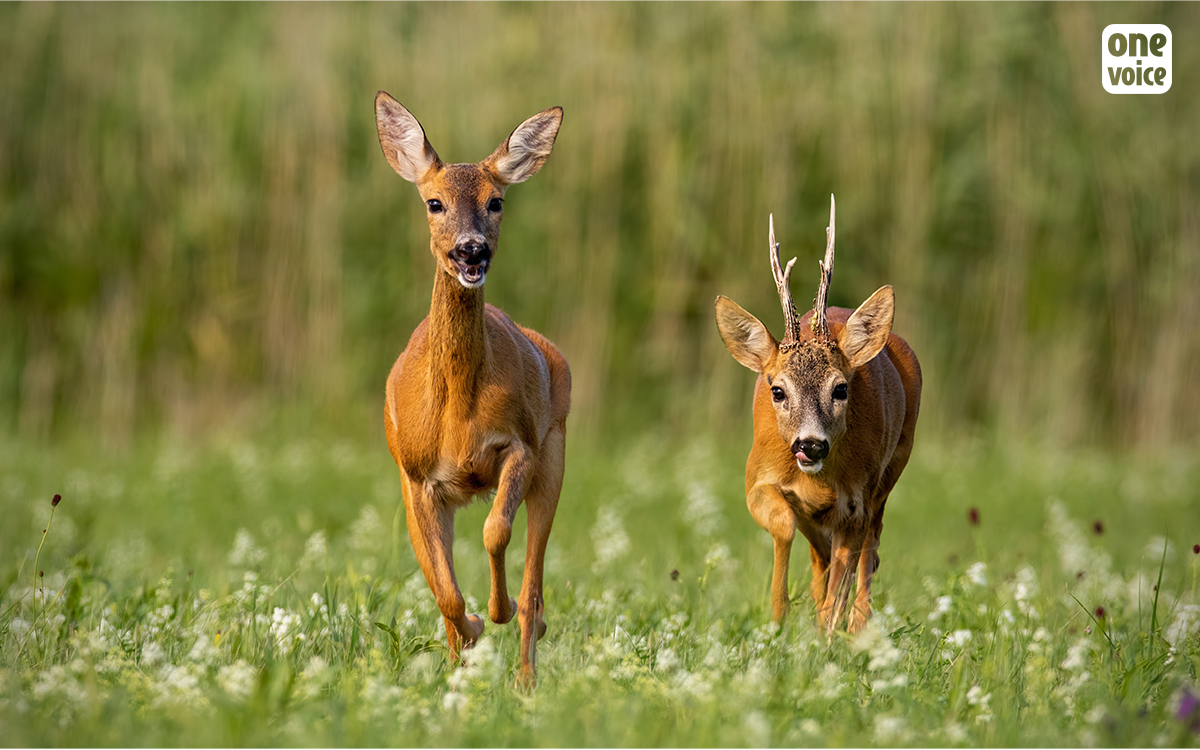
Disruption of the climate, a cataclysm for animals
One Voice leads a nonviolent fight to defend animal rights and respect all life forms. The organization operates independently and is thus free to speak and act freely.
At a time when France is experiencing its second heat wave of the year and an unprecedented one, scientists publish an alarming study: despite the adaptation of animals, the change is too fast and radical for the evolution of the species to be able to “absorb” climate change. Some will disappear, in other words millions of animal persons will die in pain, if we do not urgently stop these current disturbances in the climate.
In
the short term, we may never see European deer at the edge of the
forests in the early morning, nor hear sparrows singing during our
vacation in Canada. The guillemots, they will no longer look out to
see from the cliffs. The Eurasian magpies, as for them, their
delicate voices will no longer be heard from the pear tree in the
garden. In a few weeks, France has experienced the largest heat wave
in its history for two thousand years, and animals, although able to
adapt to a certain extent, will not all be able to survive these
changes in temperature, given the rapidity of this phenomenon called
global warming.
A publication based on a thousand scientific articles
The
scientific journal Nature Communications published the day before
yesterday an article1 summarizing the work of about sixty biologists.
They analysed the results of more than a thousand scientific
publications on the adaptation of species to climate change that has
been under way for several years. Their meta-analysis, based on
available research, is focused primarily on birds and a mammal from
the northern hemisphere.
Climate change too fast for animals to adapt
Since
the industrial revolution, most animals have substantially changed
their behaviour and life cycle, such
as nesting periods or their locations, these changes are adaptive, so
somewhat “cultural”. But for an animal species to survive in the
short term, this adaptation will have to be combined with genetic
modifications. The plasticity of each species has been sifted; these
factors are of paramount importance.
Worse
still, the species whose characteristics have been analysed are said
to be of the “common” type, i.e. the conclusions concerning
rare species are even more alarming!
These
biologists are very pessimistic, and have in part no solutions. They
want to be able to anticipate more than just describe and warn. Their
next challenge will be to determine which species are the most
resilient, in order to focus their attention on the others, the most
vulnerable ones, and help them.
We
recall that each of us can already adopt responsible behaviour to
limit our impact on the environment, and engage our mayors and their
members to act quickly. It is high time for all living beings on our
beautiful planet.
1« Adaptive responses of animals to climate change are most likely insufficient». Nature Communications, 23 juillet 2019, vol. 10, n°1, p. 3109.